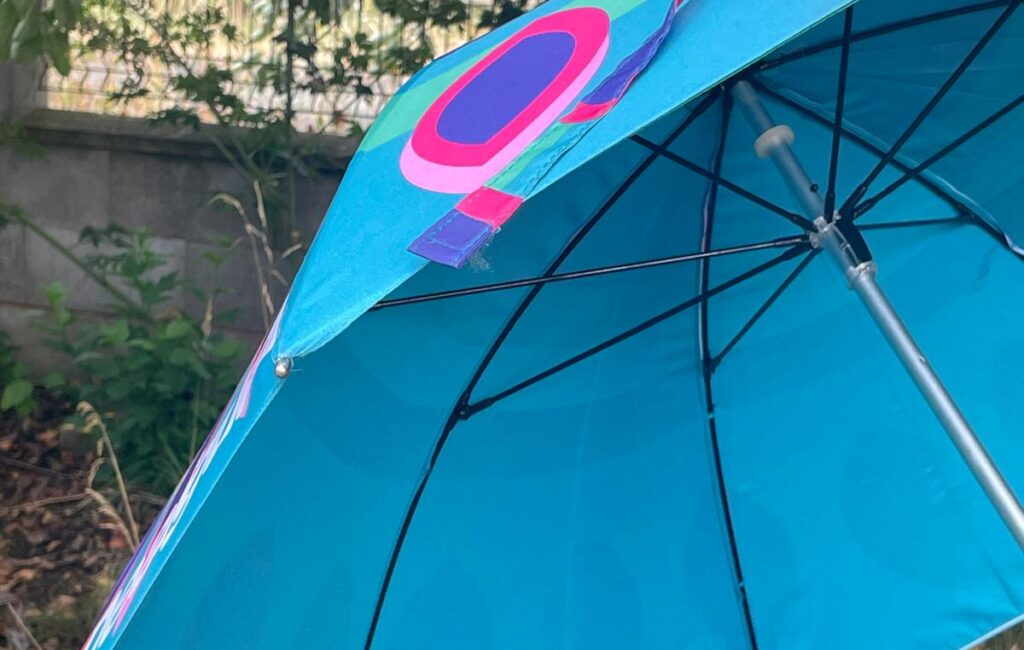
Why AI Can’t Replace Human Connection
AI is slowly becoming a part of our lives, just as books and movies have been warning us for years. Their authors have pointed out all kinds of possible complications. And now we will see whether that preparation has helped us, as humans, face what is coming.
More and more, I hear that people are turning to AI with their troubles. They give it a name and a gender. And they confide in it. Often, it’s the only place they feel safe enough to cry.
I don’t deny all the advantages AI offers. Like any technology, it’s amazing what it can do and how it can make our lives easier. I’m personally a big fan—ChatGPT sometimes feels like a lifesaver in so many areas.
But I want to point out something important that could be a downside of going to AI with our emotional struggles.
The reason it’s so easy to open up to AI is that there’s no vulnerability involved. AI is programmed to offer sympathy—sympathy so strong that even Carl Rogers, the founder of the most empathetic psychological approach, might not compare. AI—specifically ChatGPT—will often affirm whatever we say. It may take our side no matter what. Why? One reason is that it doesn’t fully understand how we work, or how life usually works. If we’re being delusional, it will support the delusion. If we complain about our child or partner, it will simply validate us. It can’t see the full context or read between the lines. It isn’t capable of true empathy, because it doesn’t have feelings. And it lacks the sense of care and responsibility for the impact of its responses. Those are things our friends, family, and therapists potentially offer us (and if they don’t—you’ll feel it).
I’m not writing this because I’m afraid of being replaced by AI. Quite the opposite—I wish my work would become unnecessary to people. That’s my goal with every client I see and every student in my courses: to become no longer needed.
I’m writing this to remind us that human connection is irreplaceable for human beings.
Yes, human relationships carry a bigger risk of getting our feelings hurt. Yes, there’s the chance we’ll receive unwanted advice or that someone’s reaction won’t be what we expected. But—as my umbrella says—without rain, there is no rainbow. Human connection also has the potential to give us true cascading care, responsible responses, real affection, a genuine safe place, and a heartfelt invitation to rest in someone’s care and presence.
Ideally, each of us should have ten real people we can turn to. Someone we can call, text, or meet with when we feel lonely, depressed, frustrated, and so on. That’s a wise piece of advice from my amazing therapist. Why ten? In case someone isn’t available.
How do you do that?
You write a list of potential people, and you offer them a deal: mutual support in times of need. The response? You’ll see. The people I reached out to were genuinely happy to agree. It turns out I wasn’t the only one lacking enough support and cascading care to rest in.
Does vulnerability require bravery? Oh yes—big time. Is it worth it? Without rain, there is no rainbow. Without risk and vulnerability, there is no true relationship.
Author: Lina Vizelman
